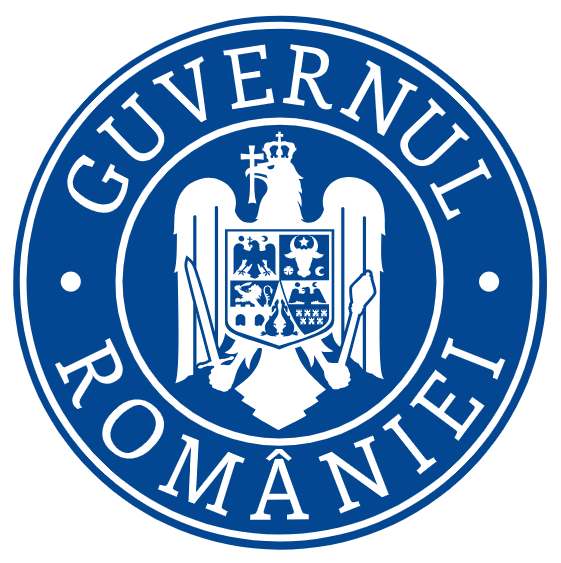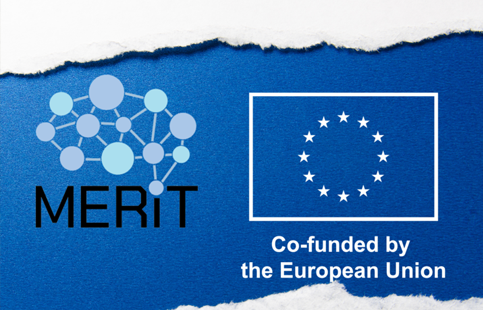Digital Innovation Zone, the European digital innovation hub in the North-East of Romania, is proud to announce that it will contribute to the development of an ambitious digital learning ecosystem, called MERIT, which will start work in October 2022 towards a vision and plan to help address Europe’s skills gap among digital specialists.
The project includes a joint master’s programme to be offered by four European universities Universitat Politècnica de Catalunya (UPC), Vilnius Tech, Technical University of Riga and TALTECH) and led by UPC in Spain, with industrial partners and other stakeholders contributing their expertise, research and innovation activities.
MERIT is a project co-funded by the European Union under the Digital Europe programme, involving universities from four countries, industrial partners, centres of excellence and research, national technology transfer organisations and digital innovation centres.
The aim of MERIT is to increase the number of young people who can contribute to the digital economy by strengthening their capacity for innovation, entrepreneurship and employability through improved on-the-job training as well as academic training at the university level – supported by lifelong learning.
In the current context of globalisation, where artificial intelligence is disrupting all industries, including healthcare or transport services; IoT devices are used everywhere from homes to businesses; cyber attacks are becoming increasingly sophisticated – it is becoming increasingly important for every country to have an AI-ready workforce. The European Commission estimates that up to €135 billion will be needed to invest in AI and related technologies by 2030.
“We hope this programme will allow us to better serve SMEs in our region by bringing high-quality research results and master students to work on local industry challenges,” said Cristina Baghiu, EDIH Digital Innovation Zone Hub Coordinator, who is leading the project on behalf of our organisation.
The project is co-funded by the European Union, but the views and opinions expressed are those of the authors and do not necessarily reflect those of the European Union or the European Digital Agenda Agency (HADEA). Neither the European Union nor the funding authority can be held responsible for them.

This project received funding from the European Union through grant agreement no. 101083531.
“Funded by the European Union. Views and opinions expressed are however those of the author(s) only and do not necessarily reflect those of the European Union. Neither the European Union nor the granting authority can be held responsible for them.”


